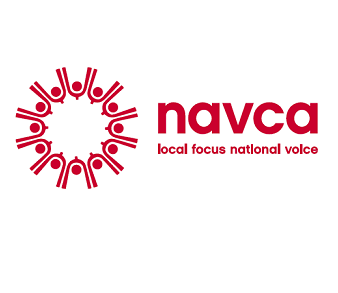A third of charities have suffered a cyber attack during the Covid-19 pandemic, as more evidence emerges of the threat the voluntary sector faces online from criminals.
Phishing, where criminals try to obtain sensitive data by pretending to be a trustworthy source, and malware are the most common attacks on charities.
In addition almost half have not taken any steps to increase protection of staff working from home, according to the research released by insurer Ecclesiastical.
It found that one in seven charities had been the victim of phishing, while 5% have been impacted by malware and 3% by ransomware.
The findings have been published to coincide with Charity Fraud Awareness Week (19-23 October) to warn charities of the risks they face from criminals.
Earlier this week the Charity Commission and Fraud Advisory Panel issued warnings to charities of the heightened risks they face online amid the pandemic due to a rise in home working and economic uncertainty.
Angus Roy, charity director at Ecclesiastical Insurance, said: “The move to remote working has presented technological challenges for all organisations, and this has created opportunities for cyber-criminals. Like everyone else, charities can be susceptible to fraud and cyber-crime.
“Our research has found that while some charities have taken steps to protect staff working from home, many are still not taking the threat of cyber fraud seriously. All charities, even those with relatively small reserves to call upon, can take simple steps to boost resilience to fraud and cybercrime.”
Latest News
-
Tributes paid to 'tenacious campaigner' who co-founded Terrence Higgins Trust
-
Man who set up fake animal charity jailed for five years
-
X-odus sparks video content boom among charities, report finds
-
Liz Turner: How a connected digital ecosystem transformed our volunteer experience
-
Charity handed £25m endowment from autistic philanthropist to help others on the spectrum
-
Civil Society Covenant blighted by delays and U-turns, report warns
Charity Times video Q&A: In conversation with Hilda Hayo, CEO of Dementia UK
Charity Times editor, Lauren Weymouth, is joined by Dementia UK CEO, Hilda Hayo to discuss why the charity receives such high workplace satisfaction results, what a positive working culture looks like and the importance of lived experience among staff. The pair talk about challenges facing the charity, the impact felt by the pandemic and how it's striving to overcome obstacles and continue to be a highly impactful organisation for anybody affected by dementia.
Charity Times Awards 2023
Mitigating risk and reducing claims

The cost-of-living crisis is impacting charities in a number of ways, including the risks they take. Endsleigh Insurance’s* senior risk management consultant Scott Crichton joins Charity Times to discuss the ramifications of prioritising certain types of risk over others, the financial implications risk can have if not managed properly, and tips for charities to help manage those risks.
* Coming soon… Howden, the new name for Endsleigh.
* Coming soon… Howden, the new name for Endsleigh.
Better Society

© 2021 Perspective Publishing Privacy & Cookies













Recent Stories